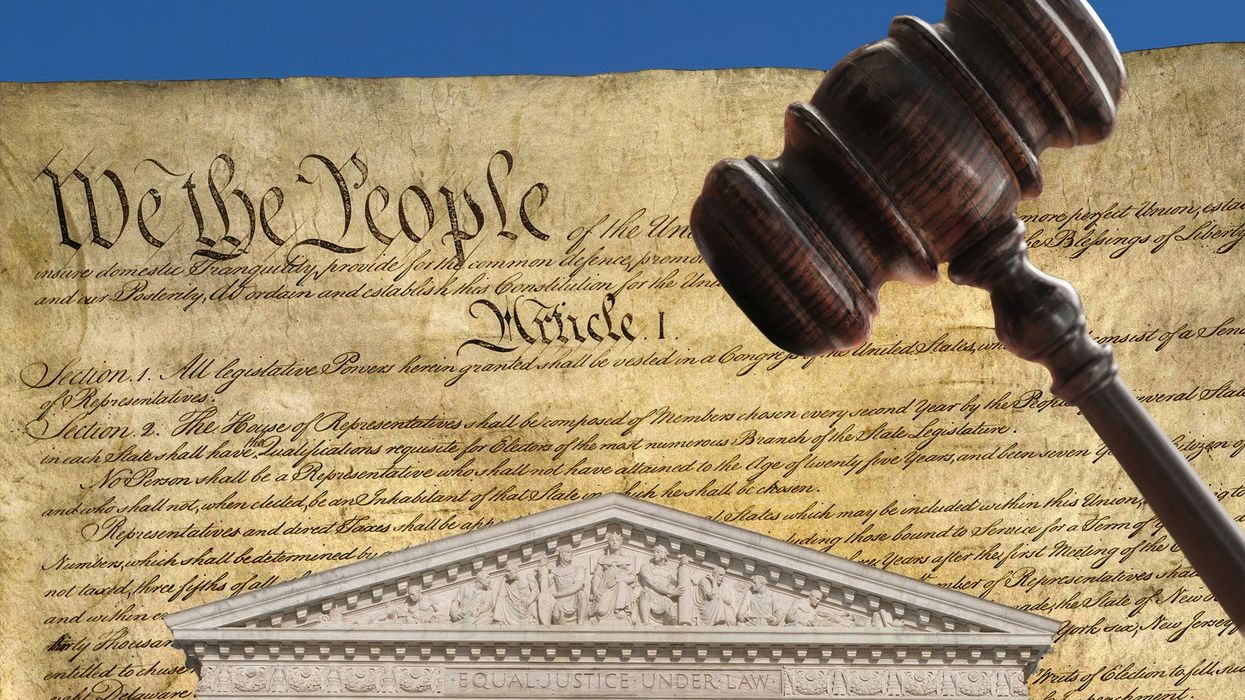One year from now, the nation will mark the 250th anniversary of the Declaration of Independence. I fear it could be a shame, even possibly a sham.
Don’t get me wrong. Our founding principles of freedom, liberty, and the pursuit of happiness are worth celebrating. The optimist in me still thinks most Americans will find ways to do just that. I know I will try, despite my foreboding.
But the jingoism likely to be showcased by the current administration could cast a pall on many observances. The quarter millennium for our republican democracy deserves an inspiring, unifying celebration. But when I think of nationally led commemorations under Trump’s thumb, I can only say, “Ouch.”
“Why even care about this?” you may ask, when bombs are dropping in world hot spots, when troops are in our streets, when the truth is being buried and people are losing their liberty, health care, and lives. The timing seems odd if not off for elevating the significance of an anniversary party.
However, consider that the connections individuals have between our founding principles and our lives have been fraying since before this century began. Decades of economic displacement, technological upheaval, and educational division have polarized the country in profound ways. Politicians and citizens alike have yet to figure out how to navigate the results, so it has become critical that we find ways to remind ourselves how and why we are, in fact, one nation. Positively refreshing the meaning of the Declaration for everyone—and rededicating ourselves to pursuing it—could play a big part in celebrating July 4, 2026; I fear we may squander that chance.
The extent to which Donald Trump took over the 250th anniversary of the Army last month sets a worrying example (they share birthdays, June 14th). He wanted a military parade during his first term, but the top brass disagreed and dissuaded him. But this year he got his way. We will learn in October and November whether the president gives comparable attention to the Navy and Marines, respectively, when they celebrate their 250th anniversaries.
Other signals are concerning. America250 is the governing sponsor of next year’s anniversary celebrations. Its website and e-mail four days after the Army parade, “A Night to Remember,” may not have carried the most flagrantly jingoistic messages I’ve ever read, but they left little doubt they were geared to an audience of one occupying the White House.
Marking a quarter millennium as a nation may seem tangential when the value of citizenship is obscured. We no longer listen or tolerate disagreement. We take sides and demonize the opposition. We gladly distract ourselves with other interests and demands on our time (and yes, our phones).
Alas, such civic conflict and withdrawal are nothing new. We are human, after all. We may have been slow to confront and finally end slavery, but we did. It took us too long to grant women the right to vote, but we did. And we eventually stopped businesses in the Gilded Age from abusing and killing their workers, including children, with impunity.
Civic pressure had to build to bring about these changes, and our institutions held without collapsing. They did so in part because they were anchored by the spirit of the Declaration and the governing structure of the Constitution. The latter may indeed need repair but, for all its faults, its primary purpose is still worth preserving and defending: navigating disagreements among differing interests in a diverse nation.
The civic pressure today may feel different. It could be too divided itself to lead to a democratically arrived at resolution. But I don’t think so. 2026 will be telling, not only because of the way we celebrate July 4th, but because of how we welcome fans of different nations’ soccer teams coming here for the World Cup and, of course, conduct the mid-term elections.
May the year prove worthy of its opportunities, and of us. If it doesn’t, we may get another chance when we mark the Constitution’s own 250th anniversary on September 17, 2037. We’re fortunate to have two big birthdays. If we falter for the first, let’s hope we learn in time for the second.
Rick LaRue writes about constitutional electoral structure and amendments at Structure Matters.




















Trump & Hegseth gave Mark Kelly a huge 2028 gift